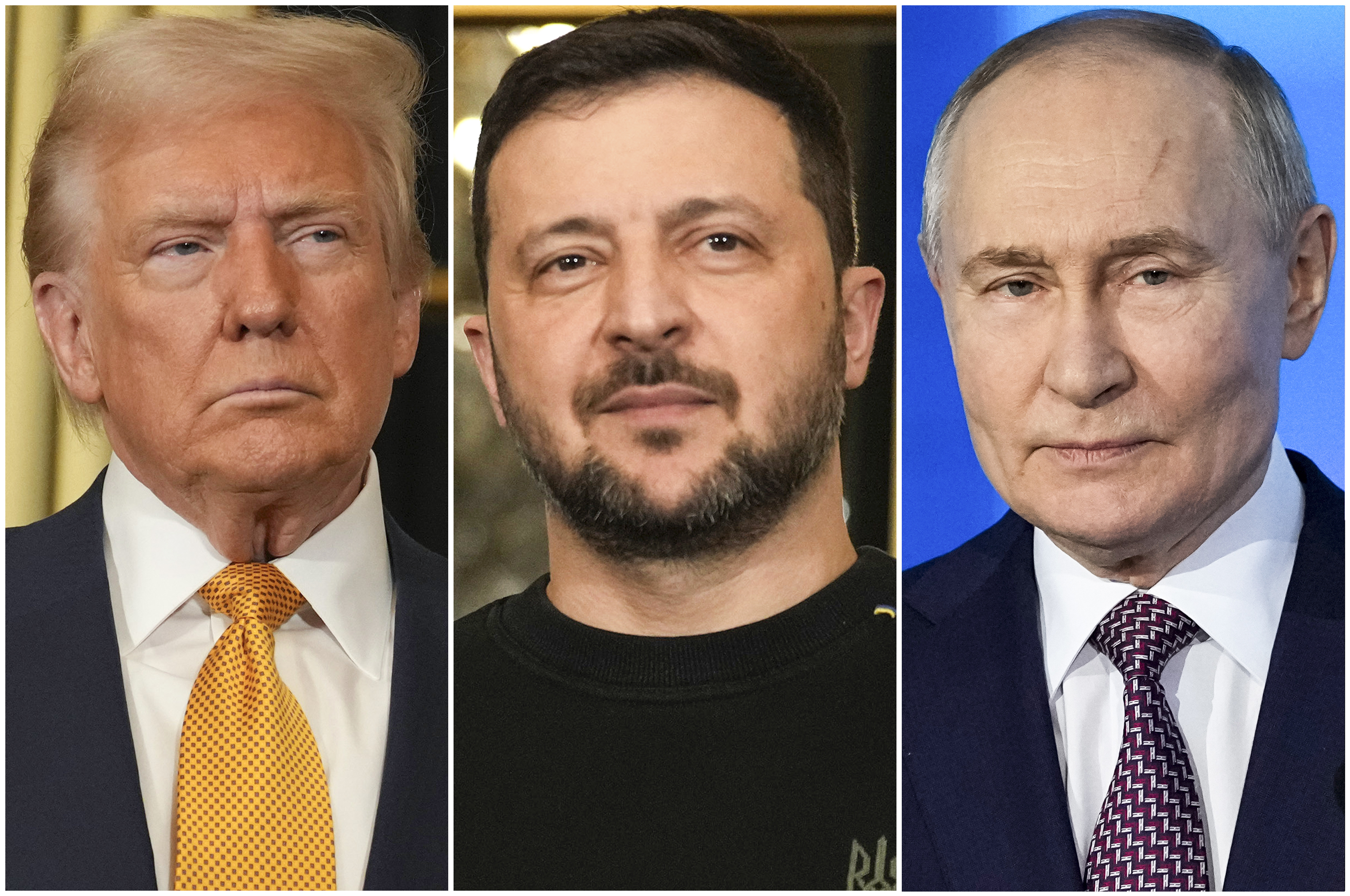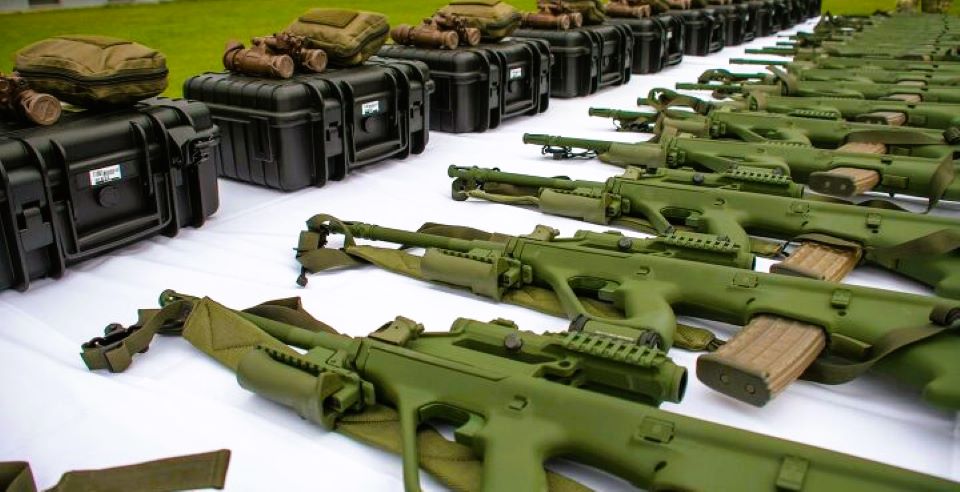Author: Sunayana Sasmal and Petros C Mavroidis
Trade policy and national security policy are interconnected. The World Trade Organisation (WTO), which replaced the General Agreement on Tariffs and Trade (GATT) in 1995, promotes a rules-based approach to international trade between nations. There are two exceptions to obligations assumed under WTO law — exceptions that are compromising the efficacy of the WTO and its desire for a rules-based order.
GATT Article XX permits ‘general exceptions’ for measures that apply to situations of public importance, such as health and environmental protection, or where further regulation is necessary. GATT Article XXI allows ‘security exceptions’ — enabling member states to violate WTO rules when they consider it ‘necessary to protect national security’.
The general exceptions are not controversial but the law concerning security exceptions is still subject to debate. Since 2016, this debate has gained traction due to the trade war between the United States and China. The question has always been whether a security exception can be unilaterally invoked, or whether it should be decided by an external body in what situations it is justified.
The United States has recently tried to justify its trade restrictions through Article XXI, which has sparked debate over the basic premise of the exception and the WTO’s ability to make decisions about questions of national sovereignty. This has sounded alarm bells regarding the incompleteness of the contract and ensuing interpretative difficulties faced by the WTO.
Article XXI was created in the Cold War era. Following the excruciating economic difficulties of World War II, the need to provide an interface between international trade and national security was felt at both the GATT negotiations in 1947 and at the International Trade Organisation Charter negotiations.
But the term ‘essential security interests’ was never clearly defined. The provision was phrased in a way such that members of the WTO can unilaterally impose measures ‘considered necessary’ for the protection of essential security interests. The extent of deference to unilateral assessment of ‘essential security interests’ that judges, in case of dispute, would have to demonstrate had not been clarified in the original text.
Negotiators were aware of the risks and the potential for abuse of this provision. The United States proposed the original self-judging clause of this exception in 1947 and continues to assert a deferential standard of review.
While the security exemption has been invoked in the GATT era, many important legal questions still require clarification. The original homogenous membership of the GATT meant that there were initially few invocations of the security exemption. But membership of the current WTO is far from homogenous.
During a dispute between the United States and Nicaragua in 1985, the United States objected to the establishment of a mediatory panel, arguing that the security exception was invoked legitimately and could not be subject to appeal. This opened the door to the risk of measures being implemented based exclusively on self-assessed threats to national security that could not be challenged. This became particularly relevant when a slew of security exception cases were brought to the WTO in 2016.
The Panel on Russia — Traffic in Transit case affirmed the justiciability of the application of the provision and upheld its right to review invocations of the security exception. It found that judges can assess a situation and evaluate whether an invocation of Article XXI was justified. But once this evaluation occurs, a member can still pursue the action that it considers necessary, regardless of the panel’s judgement, in a legitimate exercise of its Article XXI rights.
This approach achieves the right balance of managing competing interests in multilateralism, abusive constructs of protectionism and legitimate assertions of sovereignty. There is no doubt that national security related disputes entail institutional externalities, as confidence in the institution itself will be negatively affected. On the other hand, the non-justiciability of this provision could lead to its abuse. The risk of a compromised reputation is a weak restraint in the current WTO. Under these circumstances, the approach adopted in the Russia — Traffic in Transit report strikes the right chord.
With the Appellate Body now in abeyance, the risk for abuse of these exceptions is substantial. Even if future panels adopted the Traffic in Transit approach, an appeal would throw it all up in the air as there is no body to hear such disputes. And, of course, there is no guarantee that future panels will stick to this preferred approach. To make things worse, membership heterogeneity makes the invocation of this provision more likely.
The sensitivities around Article XXI form part of the challenges faced by a regime-agnostic institution in attempting to regulate trade amongst heterogenous members in an increasingly multipolar world. When viewed against the broader backdrop of escalating economic nationalism, a careful analysis of the economic, political and legal justification of each invocation becomes necessary. WTO bodies are not equipped to perform in-depth analysis. Adopting an impartial, mediatory panel insures against risks of undue intrusion while safeguarding, to an extent, against abusive invocations.
Petros C. Mavroidis is Professor of Law at Columbia Law School.
Sunayana Sasmal is a researcher in international trade and investment law based at Columbia University.
The post A WTO member’s home is its castle first appeared on East Asia Forum.
Source link




















Discussion about this post